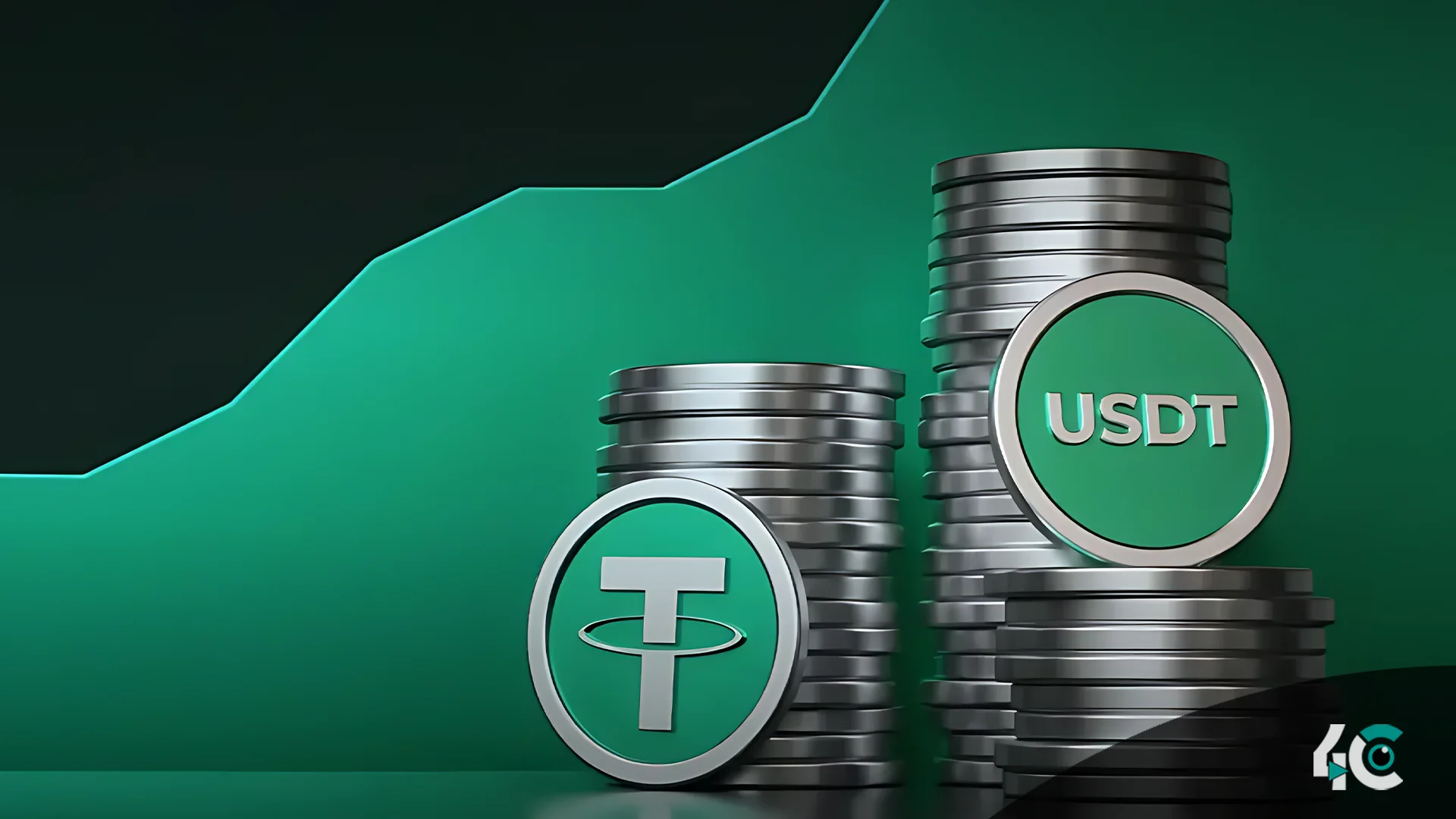Tether has transferred more than $2 billion of its Tether-USD (USDT) holdings to the Ethereum blockchain, marking a significant breakthrough in the stablecoin industry. The transfer, which took place on November 6, 2024, entailed shifting funds from numerous blockchain networks, including Tron, Avalanche, NEAR Protocol, and EOS. Tether reports that a well-known exchange carried out the transfer to consolidate its USDT holdings on Ethereum.
Tether’s migration to Ethereum signals a substantial reallocation, as the majority of USDT volume is now on the Tron network, which has lower costs and faster transaction speeds. In this cross-chain swap, Tether moved 1 billion USDT from Tron, 600 million from Avalanche, 300 million from NEAR, and 60 million from EOS to the Ethereum network. Tether stated that this transfer has no influence on the overall supply of USDT because it simply reallocates assets among networks without increasing or lowering the total amount of USDT in circulation.
Regulatory and Market ChallengesThe shift comes as Tether faces increased regulatory scrutiny. According to the Wall Street Journal, US officials may be examining the corporation for alleged money laundering and sanctions violations. This revelation had a momentary influence on the cryptocurrency markets, increasing uncertainty and causing a transient decline in asset prices. Tether CEO Paolo Ardoino responded by providing details on the company’s reserve assets at the PlanB event in Switzerland, addressing investor worries.
Ardoino revealed that Tether’s reserves total over $100 billion in US Treasury notes, 82,000 bitcoins worth approximately $6.2 billion, and 48 tons of gold. We intend these assets to uphold the value and stability of USDT as a dollar-pegged stablecoin, despite market volatility. Tether’s market capitalization surpassed $120 billion in October 2024, which many view as a favorable indicator of greater trading activity in the digital asset market. However, Chainalysis data indicates that stablecoins like USDT are increasingly being utilized as a store of wealth, particularly in regions with falling native currencies, rather than for market trading.
Strategic reallocation for increased liquidity.This cross-chain transfer demonstrates Tether’s smart responsiveness to changing market demands. Tether intends to gradually consolidate USDT assets on Ethereum, which has higher activity levels for USDT transactions while focusing less on low-activity blockchains. Tether intends to streamline its assets in order to improve liquidity and asset management, as well as to ensure effective resource utilization across blockchain networks. Chain swaps like these also enable Tether users to exploit multiple blockchain ecosystems by shifting their tokens from one network to another.
The stablecoin business continues to grow, and competition is on the way. Paxos, for example, is collaborating with companies such as Robinhood and Kraken to create its own USDG stablecoin. As Tether navigates regulatory demands and market upheavals, its agility and strong asset backing will be critical to maintaining trust in its platform.
In the midst of these changes, Tether’s proactive approach to meeting customer requests and controlling liquidity demonstrates the company’s dedication to ensuring the stability of the cryptocurrency ecosystem. This recent migration to Ethereum demonstrates both stablecoins’ adaptability to market needs and their growing importance in the global financial scene, particularly during periods of economic turmoil.
































